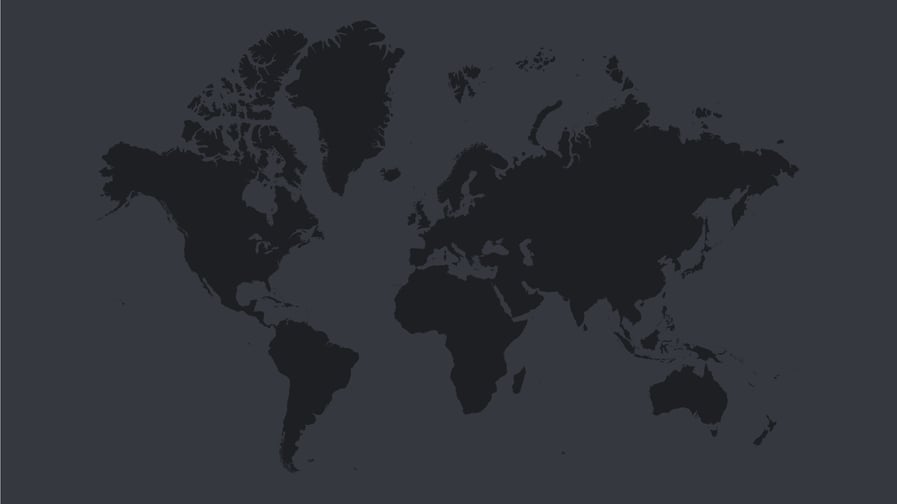In this edition of the Global Risk Bulletin, we look at:
SRI LANKA
W(h)ither the Islamic State? The Sri Lanka bombings and the future of IS
On 21 April, bombing attacks were launched across multiple locations in Sri Lanka, targeting luxury hotels and churches. Two days later, Islamic State took credit for the attack. With the group’s territorial ambitions thwarted, we explore the ways in which it maintains relevance – and a persistent threat – by appealing to a global community of sympathisers and affiliates.
NEW ZEALAND
Pack of lone wolves: The global far right
In March, an armed right-wing assailant killed nearly 50 people during shooting attacks at two mosques in Christchurch, New Zealand. While the attack was carried out by a lone actor, subsequent police investigations identified several links between the suspect and far-right groups around the world, pointing to the emergence of an internationally-networked right-wing terrorist threat. In this article we unpack these links, highlighting the role played by the internet in connecting right-wing extremists from around the globe.
libya
Haftar's Tripoli Gamble: One step forward and ten steps back?
In early April, the self-proclaimed Libyan National Army launched a military offensive to capture Tripoli, a move in direct contradiction to international calls for national reconciliation. The military operation has been hotly contested by militias and security personnel affiliated to the UN-backed Government of National Accord. It appears Libya is moving one step closer to renewed civil war. This article discusses the impact of the unfolding conflict and how it may evolve in the coming weeks.
PERU
All that glitters: Indigenous activism & Peru's extractives industry
On 29 March, Peruvian authorities declared a state of emergency near the Chinese-operated Las Bambas mine, one of Peru’s largest copper mines, amid ongoing demonstrations by indigenous rights activists. Protesters barricaded the mine’s entrances and threw rocks at negotiators. The unrest highlights the ongoing dissatisfaction of indigenous communities in the country, who feel the government favours foreign interests over the concerns of local community members. This article explores the threat of operational disruptions to the country’s extractives industry.
S-RM provides critical analysis of global security and political developments for international corporations, organisations and individuals. For further information regarding our threat analysis services, please see our Crisis Response page.




